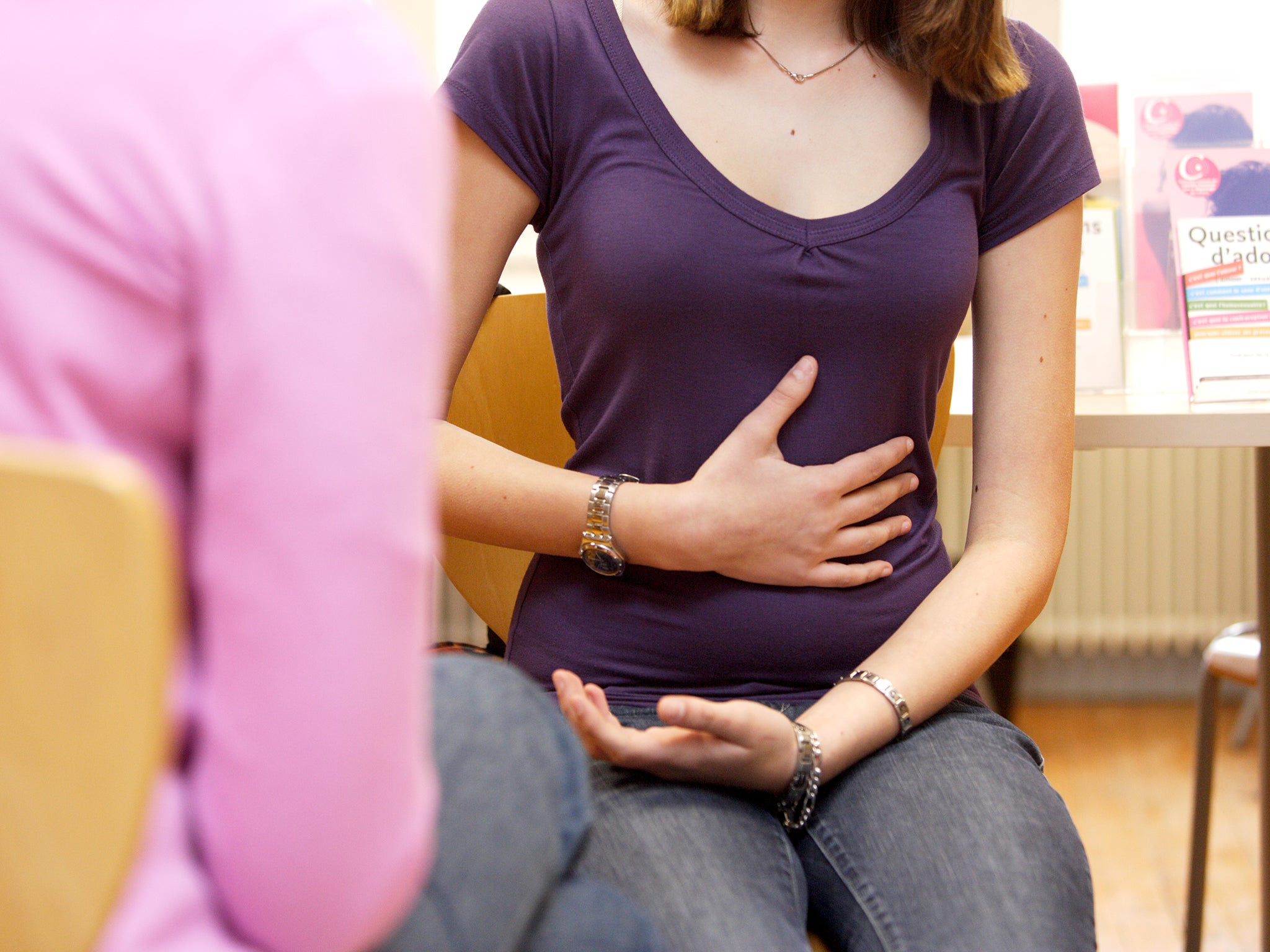Endometriosis: 'Scandal' of lack of research into disease that affects one in 10 women
Because it is often not diagnosed for years, it can lead to depression, marital and work problems

An estimated one in 10 women of reproductive age suffers from a disease that can cause infertility and severe, debilitating pain, according to a report.
Endometriosis – sometimes dismissed as ‘women’s troubles’ -- can have no noticeable symptoms but still cause women to be unable to become pregnant. It is thought to affect 176 million women worldwide.
Lone Hummelshoj, head of the World Endometriosis Research Foundation and the World Endometriosis Society, told the Guardian newspaper: “Endometriosis affects women in the prime of their life. It is not a lifestyle disease. It is not a disease you get later in life.
“It attacks teens, young women when they should be out being active, working, having children, having sex – 50 per cent of them are struggling with sex because it is too painful.”
She said it was a “major scandal” that research into the disease did not attract more funding. She added that even the most severe cases would respond well to specialist treatment.
Endometriosis is caused when tissue similar to the womb’s lining appears in areas such as the ovaries, bladder or bowel. It bleeds every month, potentially causing such pain that the person will pass out.
Because it is often not diagnosed for years, it can lead to depression, marital and work problems.
The UK has 1.6 million sufferers of the disease, which costs the economy an estimated £10.6bn, the Guardian reported.
Niki Dally, 33, who lives in Wales, UK, said she got endometriosis when she was just 11, but was only diagnosed correctly 10 years later.
“My mother thought I was a hypochondriac. I'm not a hypochondriac. I have a disease. All these things that are wrong with me are real, they are endometriosis,” she said.
“One doctor said ‘it’s in your head, girl. You have got to deal with it.’
It was variously thought she had irritable bowel syndrome, an eating disorder, cysts or depression before the true cause was discovered.
Jane Hudson Jones, chief executive of the charity Endometriosis UK, said many people in the UK had never heard of the disease.
A survey of the charity’s membership found 25 per cent had considered suicide because of the condition.
“It can affect pretty much every area of your life – your work, career, income, relationships and fertility. And many are constantly in pain,” Ms Hudson Jones said.
Join our commenting forum
Join thought-provoking conversations, follow other Independent readers and see their replies
Comments